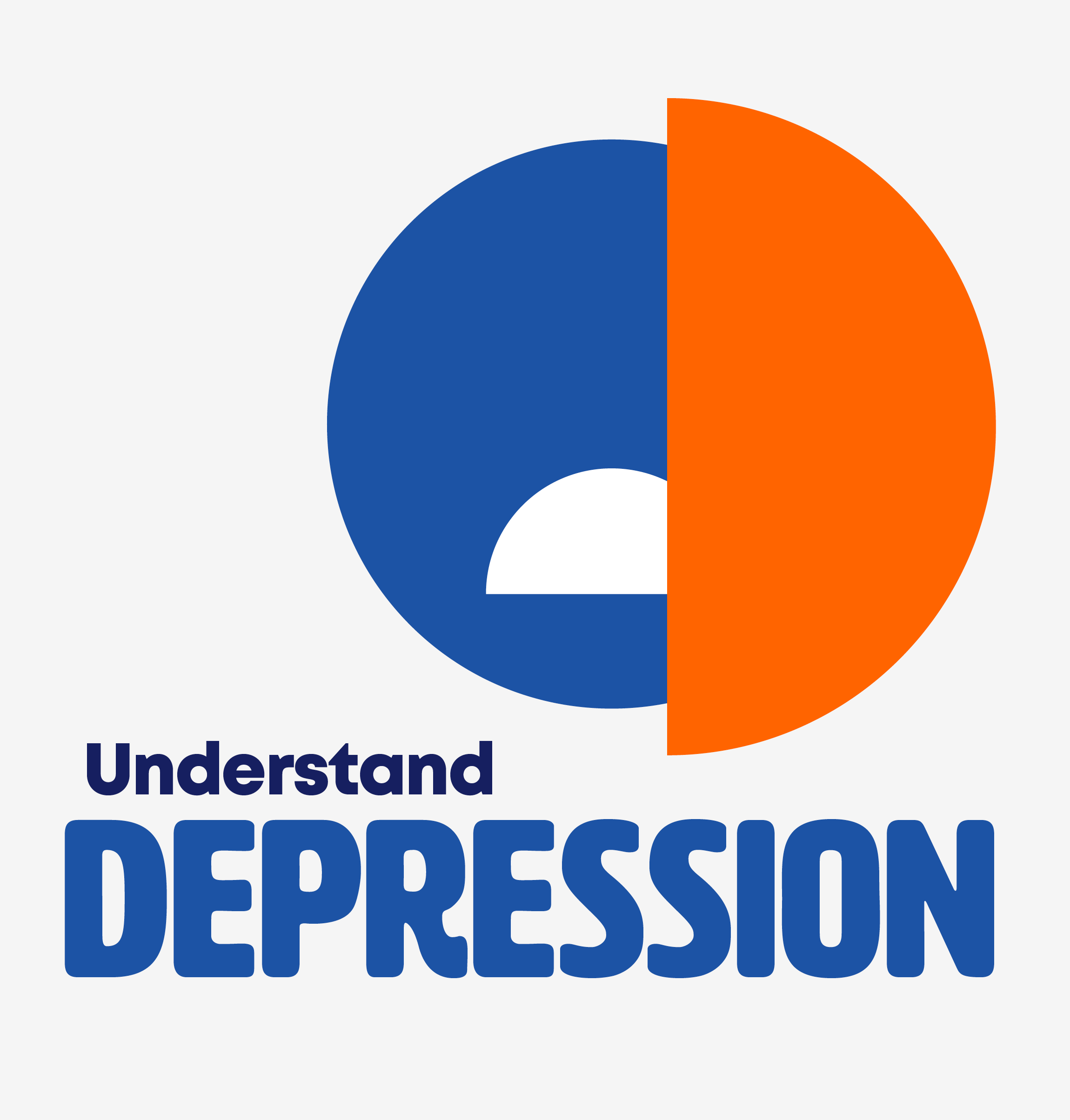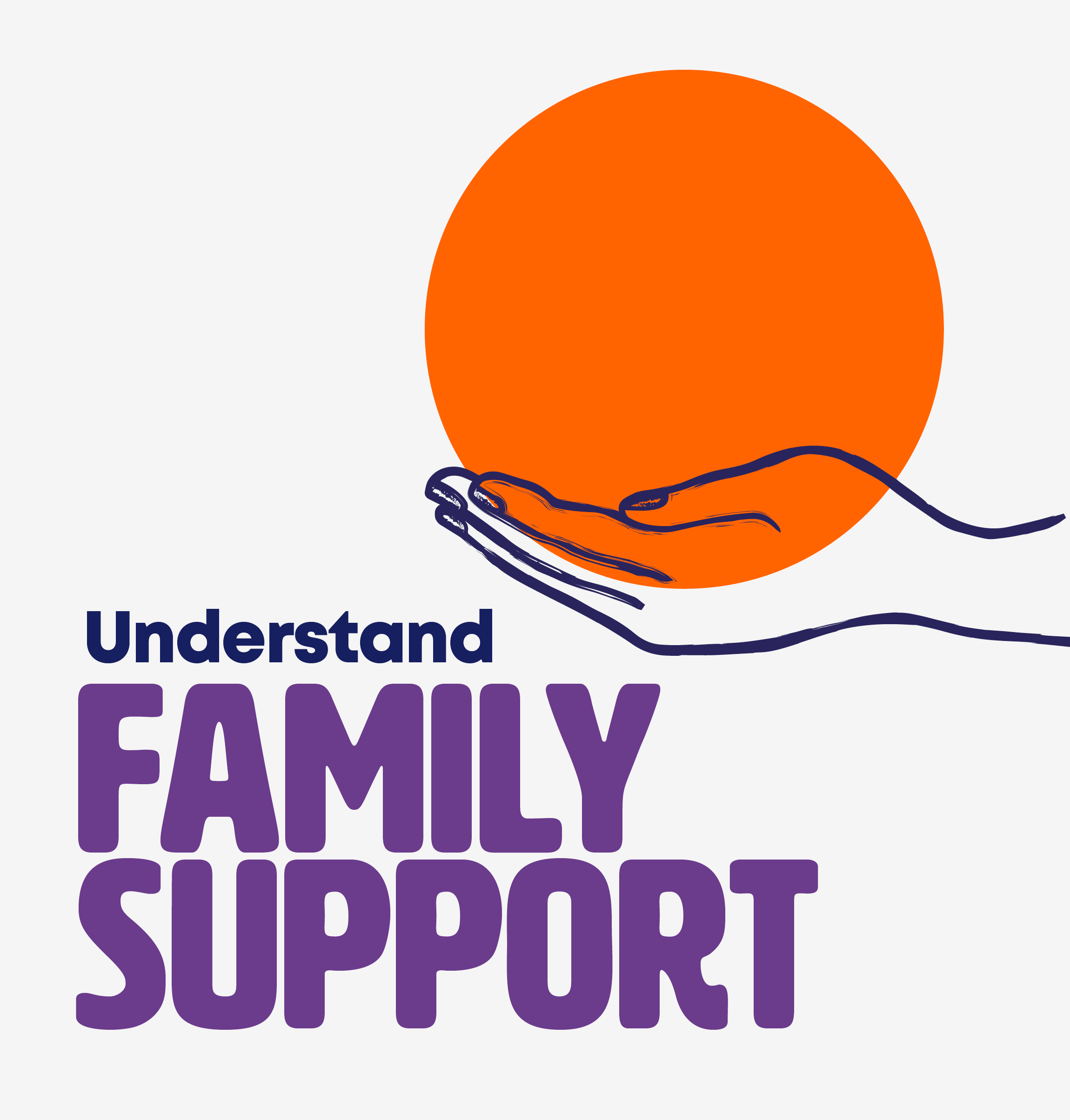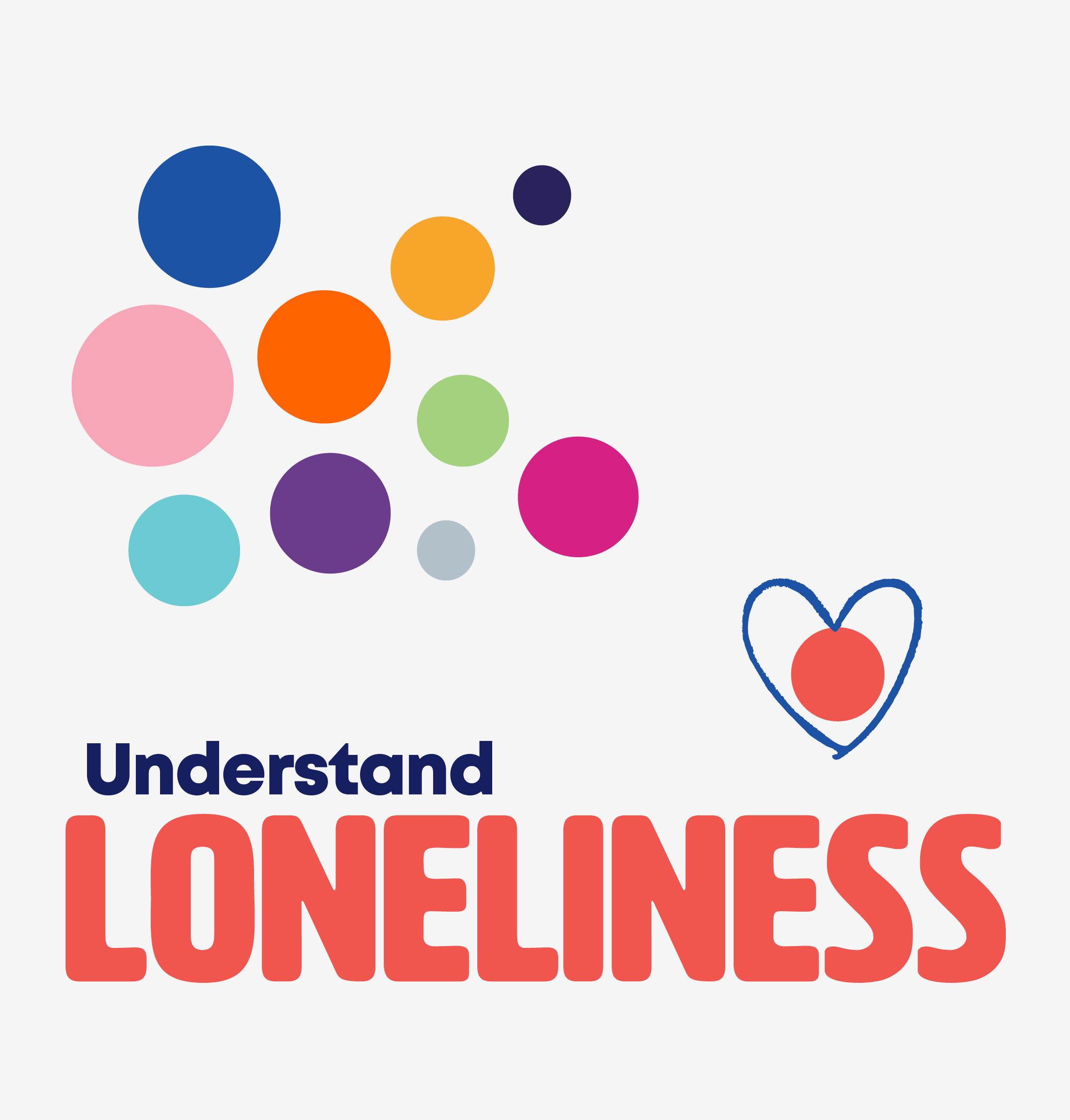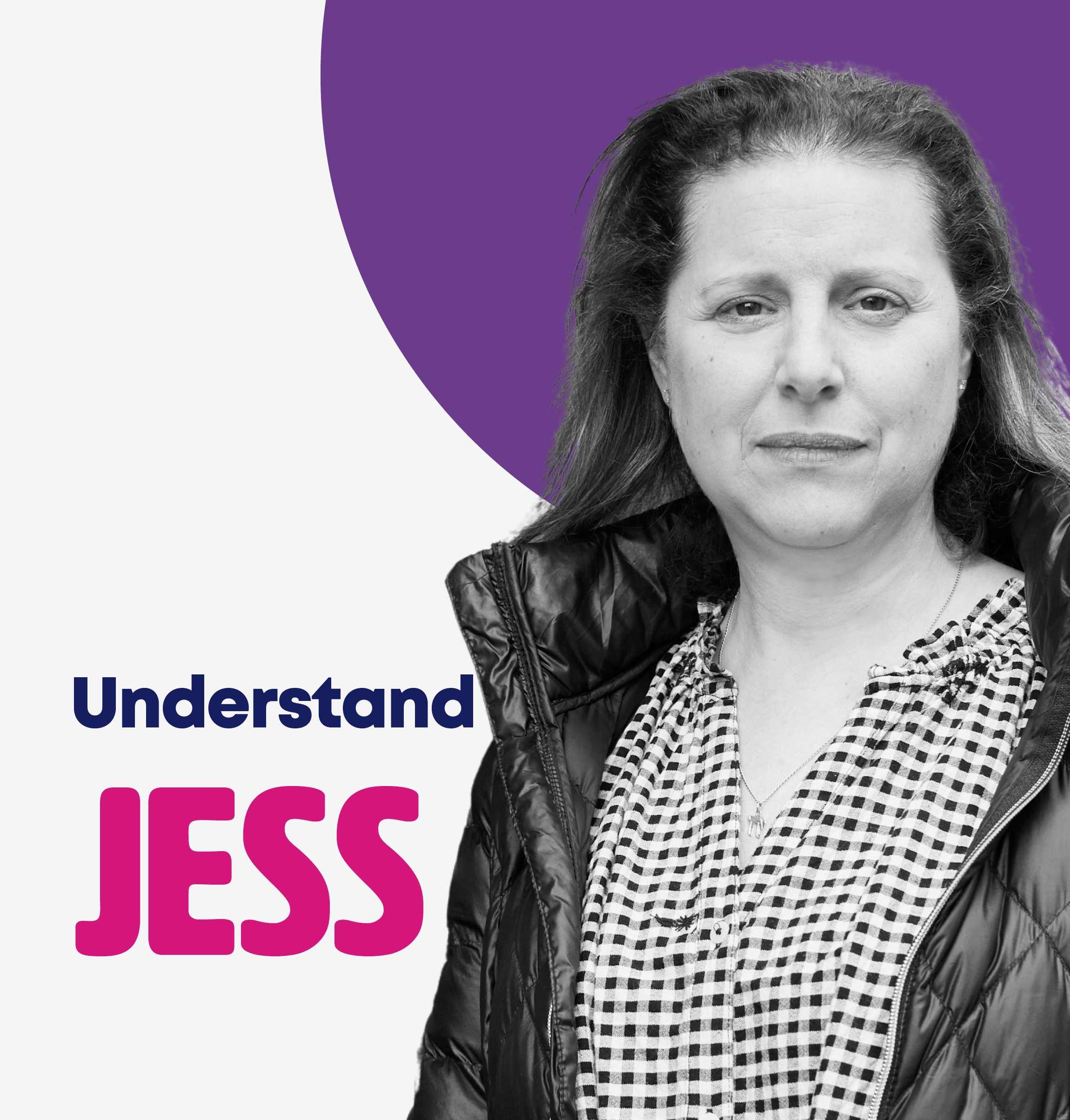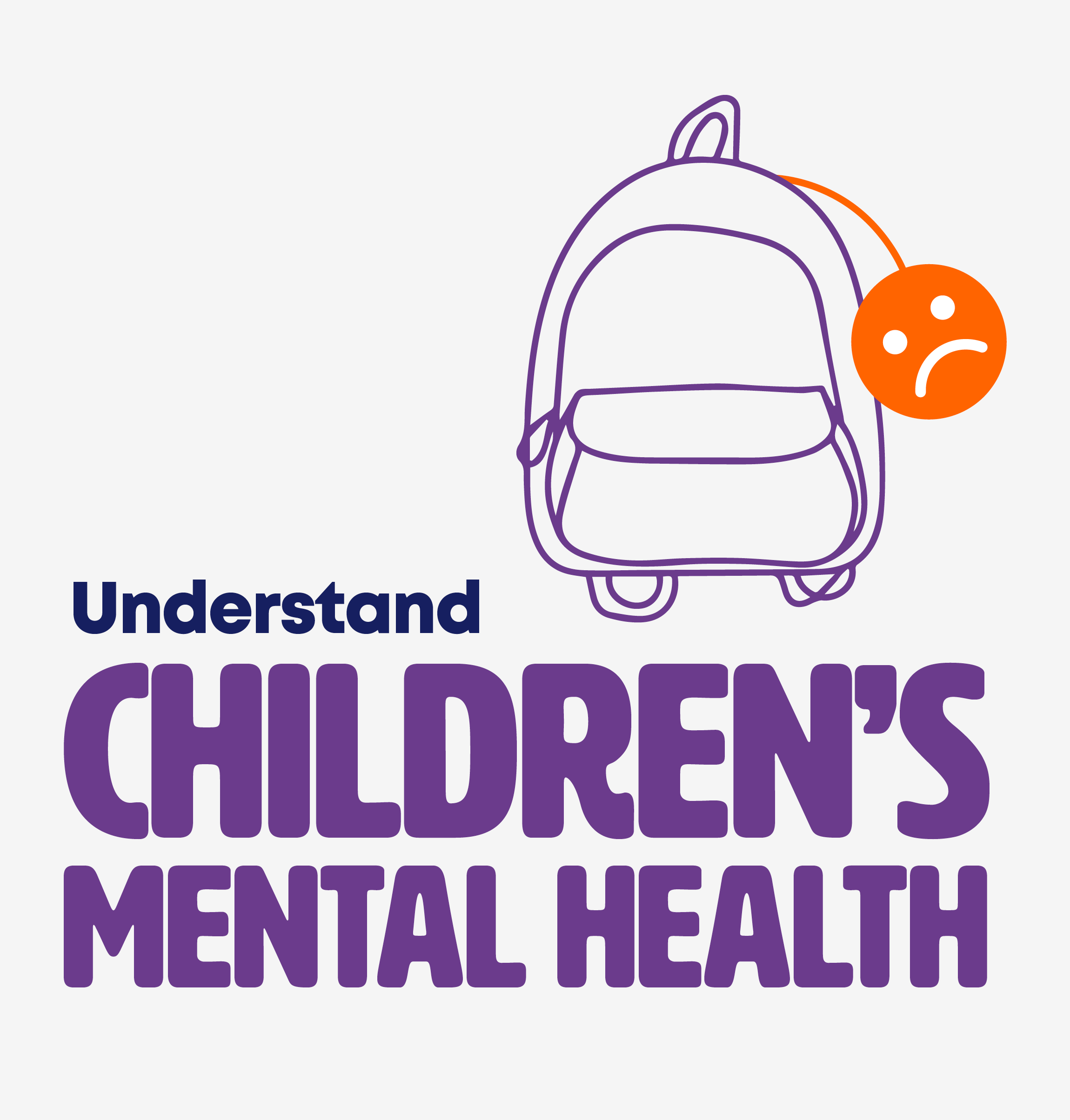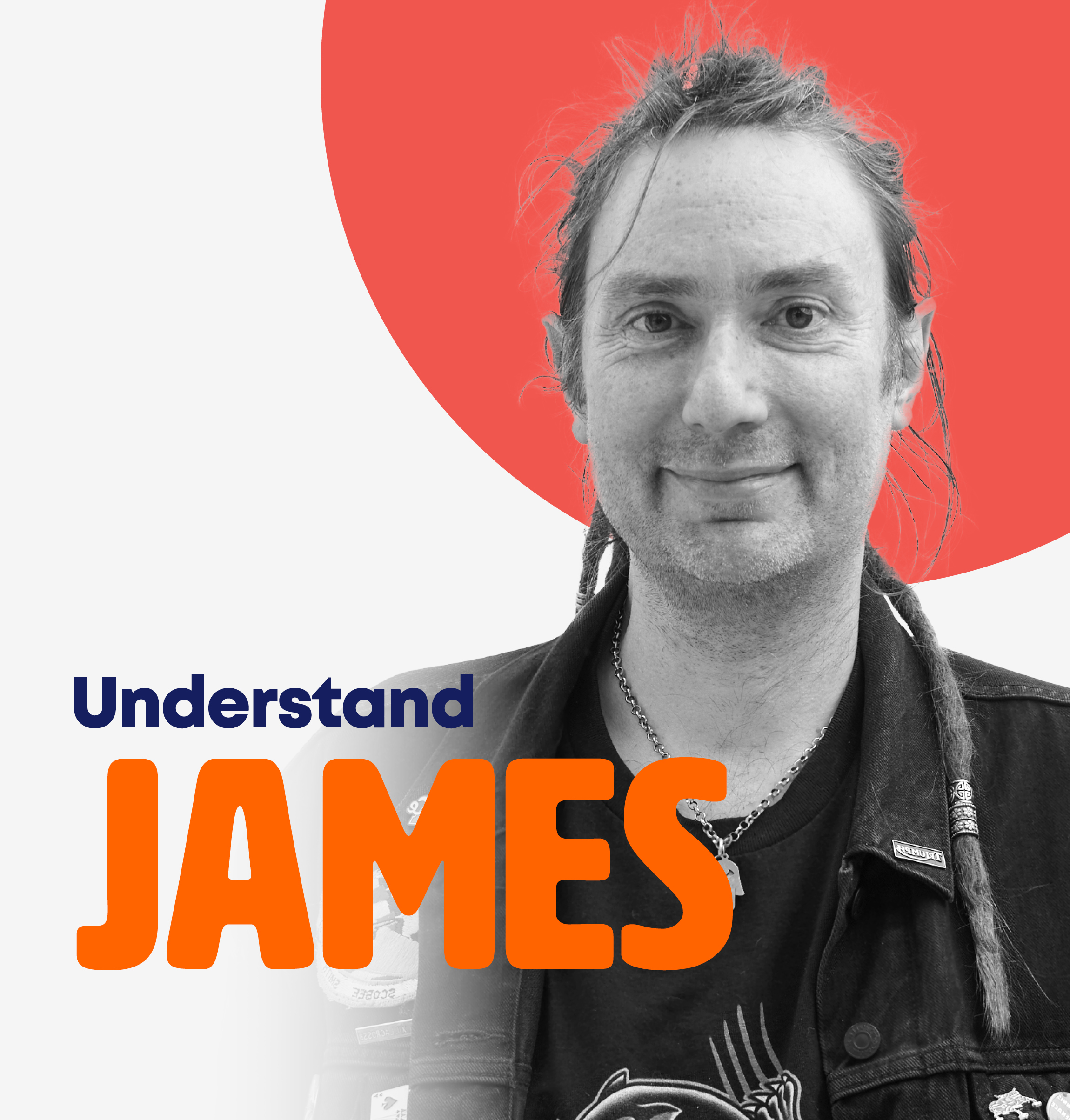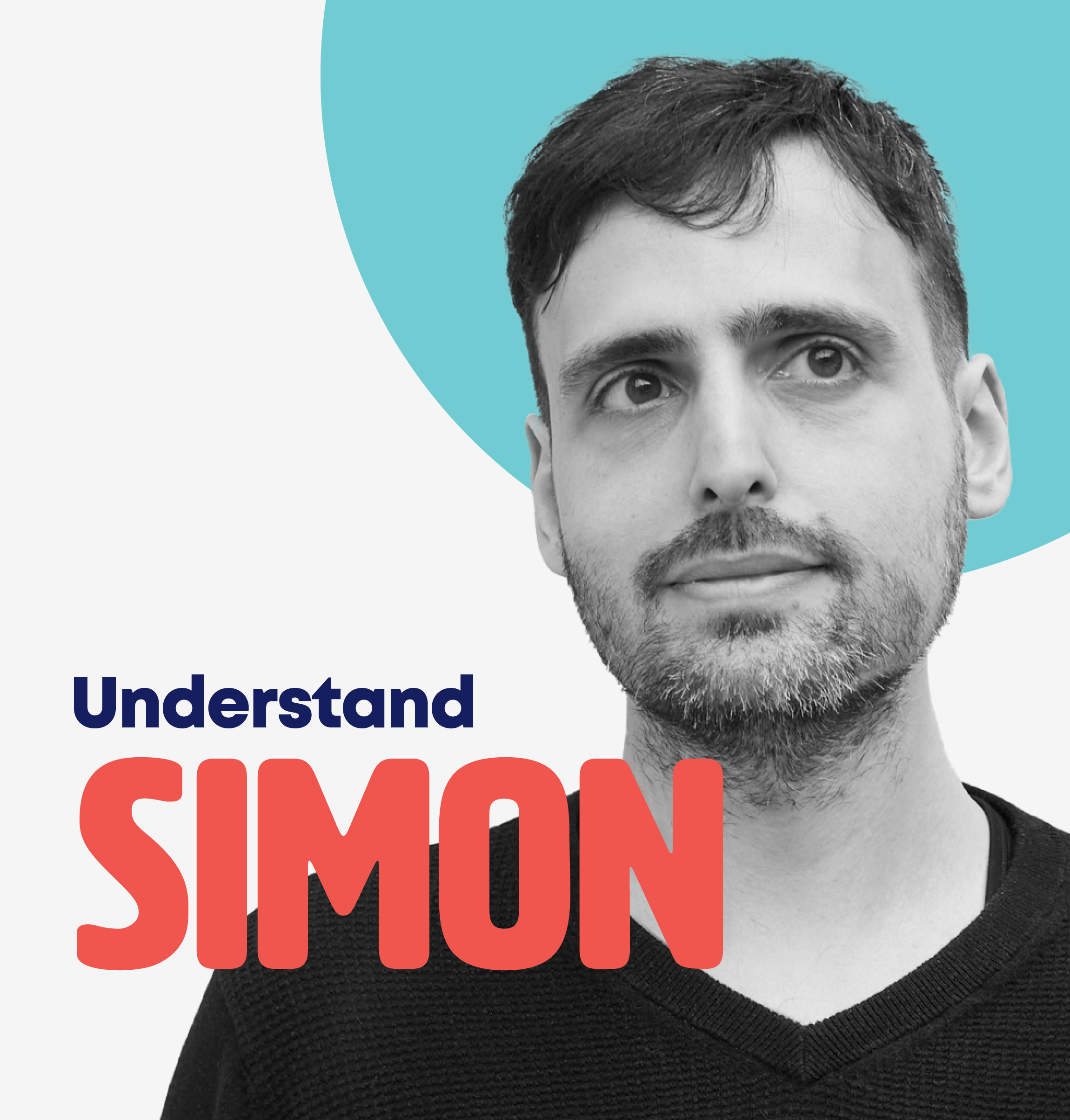
Trigger warning – the following article contains references to suicide and is intended to increase awareness and understanding. If you would like support, please refer to our signposting information below.
Depression is a ‘common’ mental health condition and can be associated with suicidal thoughts. Depression is named by the World Health Organization as a “leading cause of disability worldwide”. It can be caused by a combination of individual and social factors in a person’s life and is exacerbated by a loss in social connection.
If depression is common, it follows that suicidal thoughts occur a lot more often than many of us would care to consider. Why don’t we like thinking about this? Probably because it is frightening that the people we know may have suicidal thoughts and this can in turn make us feel helpless and out of our depth. But the reality is that there are many simple things we can do to support someone in this situation. And it starts with becoming more aware and understanding of the impact of suicidal thoughts.
When we experience these thoughts, we cannot see life improving or imagine that we will feel better again. We’ve lost the proverbial light at the end of the tunnel. We don’t even have a metaphorical light and it is frightening to be alone without a way out.
Suicidal thoughts are intrusive, but we do not have to act on them. Indeed, that’s why we need professional help and support from others. We need reassurance that life can improve and things can get better for us. We also need to know that we can get help to find a way out of that tunnel.
With Jami’s support, John was able to find a way to manage his suicidal thoughts. He explains: “Friends told me about Jami and said I should get in touch. I knew I wanted to get better so I contacted them. When I walked into Head Room Café for the first time, I just felt at ease. Connecting with other people was so enlightening. I came away feeling like I’d been born again. I felt 10ft tall.”
Hope is the key ingredient that can keep a person alive, whether they are dealing with difficult life events or depression. If a person has lost their hope, we can hold that hope for them and let them know we are optimistic for their recovery or just stick with them in their hour of need.
Jami believes it is time to break the silence on suicidal thoughts. It is highly likely we have met people over the course of our lives who have had suicidal thoughts. Or perhaps we’ve had them ourselves. Having suicidal thoughts is a lot more common than we might realise. So why are we not talking more about this in our communities?
Maybe it is time we accepted that suicidal thoughts are part of the human experience. Rather than being immobilised by the idea of them, we could acknowledge their existence and use our ‘people power’ to encourage each other to seek support and connection. There are many excellent sources of support which we have listed below.
If someone trusts us enough to let us know they have thoughts of suicide, we have an opportunity to help them. Of course, hearing about this may raise our anxiety levels. However, if we can find a way to accept our discomfort in the situation, while gently encouraging the person to reach out, we can be of immense help. Panicking will not ease their pain and using guilt rather than understanding will not help them recover.
What helps is offering kindness and warmth, just like we would for other health conditions. Although we cannot take on the person’s welfare alone, we can – indeed we must – encourage them to contact specialist support as well as their GP. Keeping them in our thoughts and letting them know we care can be hugely helpful too.
When offering connection to friends, colleagues or family members with suicidal thoughts, we also need to look after our own mental health and wellbeing, doing what we need to do to balance our own needs.
Consider this. If a friend told us they had a life-threatening medical diagnosis, we’d ask about their treatment and offer our help in their recovery. So, let’s start treating mental illness, distress and suicidal thoughts as a fact of life too. It’s true that mental illness still carries stigma and can be uncomfortable to acknowledge. It’s also true that suicidal thoughts carry an emotional weight that must be shared with professionals. But let’s also offer our help, rather than shying away from the conversation. Together we can break the silence on suicidal thoughts.
Empower yourself to be useful to others with mental illness and suicidal thoughts by educating yourself through our courses and events. If you are interested in becoming a Mental Health First Aid Champion, please drop us a line at education@jamiuk.org
World Suicide Prevention Day
To find out more about World Suicide Prevention Day, click here
Sources of support for people with suicidal thoughts
If you need support or are supporting someone who needs help, visit jamiuk.org/get-support/ or contact 020 8458 2223
If you’re struggling to cope or need immediate help, contact Shout’s 24/7 crisis text service. Text Jami to 85258 for free, confidential support
For immediate help, ring Samaritans on Freephone 116 123 (24 hours a day)
For free, safe and confidential online counselling and emotional wellbeing services for adults, contact Jami Qwell at www.qwell.io/jami
For face-to-face support, contact The Listening Place at listeningplace.org.uk/ or call 020 3906 7676. You can self-refer via a form on their website.
If you’re under 35, call the Papyrus HOPELINEUK on 0800 068 41 41 or text 07860 039 967
